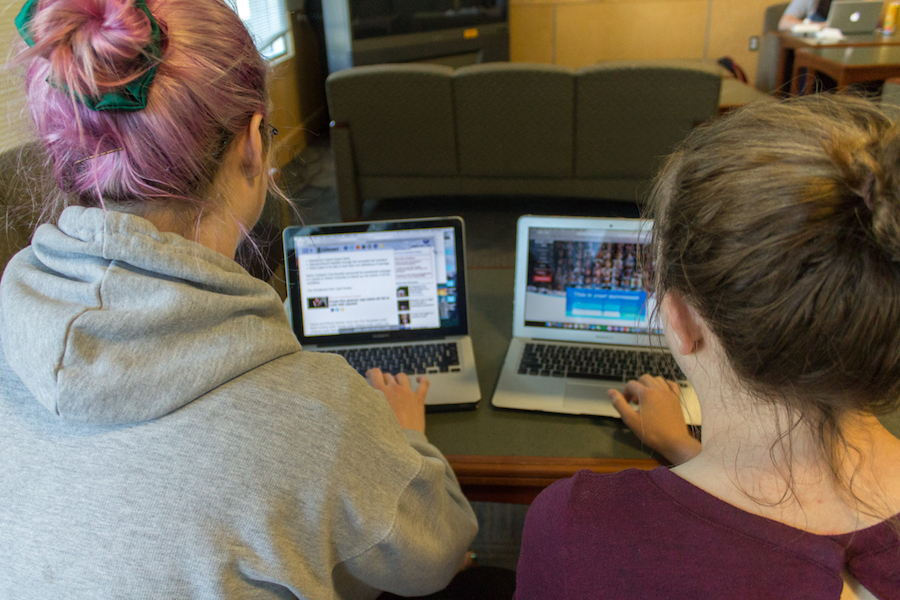
Seven things every UC Davis student should know about the 2016 Presidential Primaries
On Nov. 8, 2016, history will be made yet again when Americans elect the 45th President of the United States. However, one of the most important components in choosing the next leader of the free world lies in the presidential primaries, which are preliminary elections held in each state to select candidates to run for president. With this in mind, here are seven things every UC Davis student should know about the 2016 primaries.
1. The California primaries will take place on June 7 from 7 a.m. to 8 p.m.
It doesn’t matter where you are in California on this day — the California Secretary of State’s website can direct you to your closest polling location, making it easy and convenient for citizens to vote.
2. It is just as important to vote in the primaries as it is the general election.
The candidates from which Americans choose from to elect their president is decided by the small sliver of citizens who vote in the primaries. For this reason, your individual vote really counts in the big picture. In 2008, Barack Obama won the Iowa caucuses (similar to the primary) with only 16.1 percent of the state’s eligible voters, a major victory that catapulted him in the direction of winning the Democratic nomination. If you like a candidate, make sure to vote for them in your state’s primaries. When adding up all votes from the 50 states, yours can really make a difference.
3. Donald Trump, Ted Cruz and John Kasich are in the running to be the Republican Presidential nominee.
The key to winning the presidential nomination is winning delegates, which are party members’ representatives who are sent to their party’s national presidential nominating convention. Although the numbers change frequently, Trump has consistently held the lead and currently has won 996 delegates, Cruz is in second place with 565 and Kasich is in last with 153.
4. Hillary Clinton and Bernie Sanders are running for the Democratic Presidential nomination.
Currently, Clinton is in the lead with 2,165 delegates while Sanders follows with 1,357. With these numbers, it is projected that Trump and Clinton will win the nominations for their respective parties. However, several states have yet to cast their ballots, which means it’s not too late to cast your vote and change the outlook.
5. These have been the most closely watched presidential primaries in history, with turnouts rivaling the record set in 2008.
In 2008, the close race for the Democratic nomination between Obama and Clinton was so competitive that the primaries saw record turnout by Democratic Americans. So far this year, there has been a Democratic turnout of at least 11.7 percent. While this number is considerably lower than the record set in 2008, it is among the highest the country has seen since 1992. Republican voters have turned out in record numbers this year as well.
6. Do not believe everything you see on the Internet or hear in the media.
It is important to do your own research on the candidates instead of voting based on one attribute of a political party, one debate you watched or something your friend said. A little unbiased research might uncover important information that could sway your opinion on a candidate.
7. It is our responsibility to exercise our right to vote.
Although often forgotten, the right to vote was not inherent for the majority of Americans. African Americans were not granted suffrage until 1870, but afterwards, still faced (and face) many obstacles in the political realm. Women did not receive the right to vote until 1919 after decades of activism and dedication to the suffragist movement. That being said, it is our responsibility as young, innovative college students to appreciate our rights and use them effectively.
Written by: Gillian Allen — features@theaggie.org



